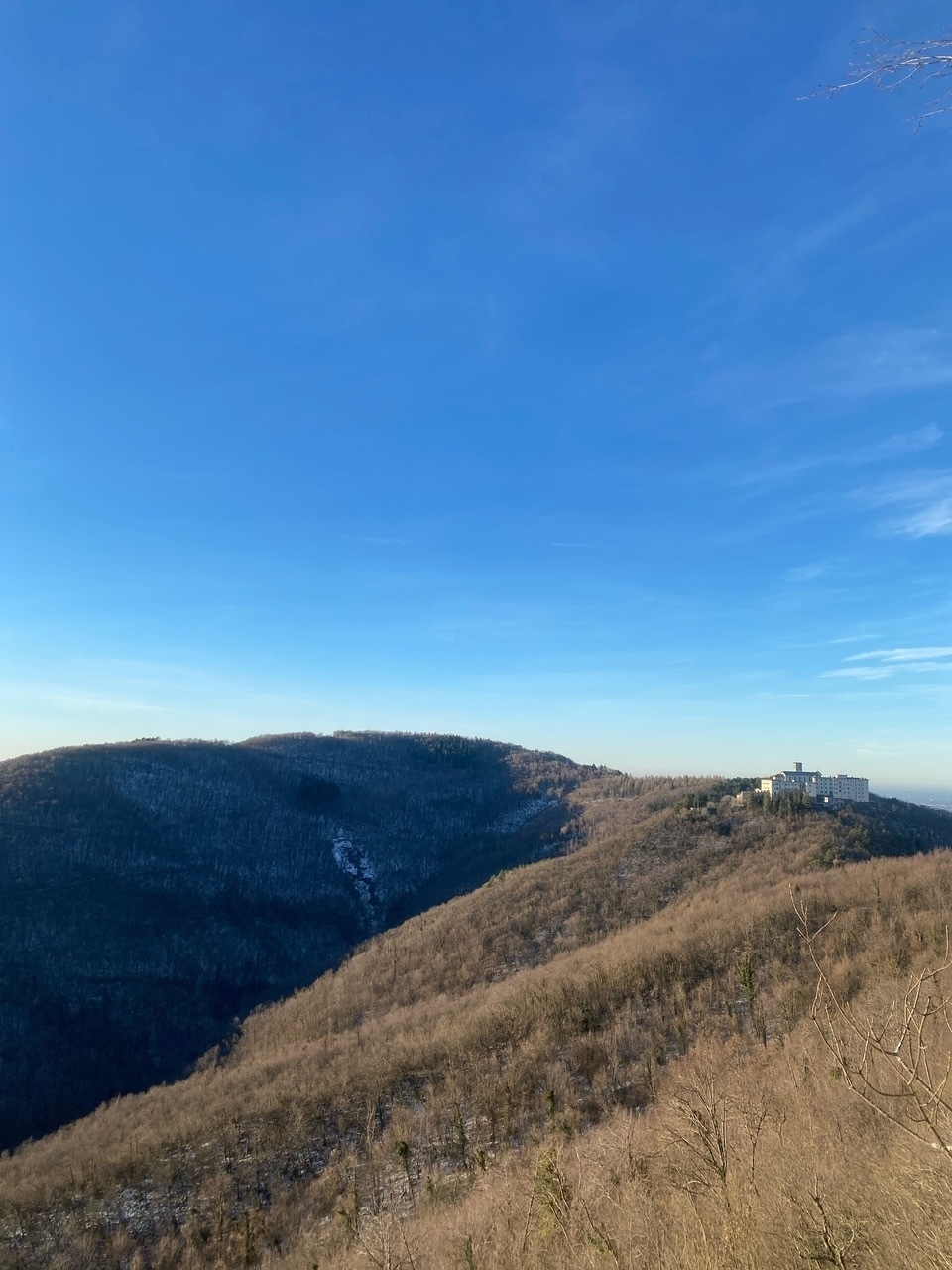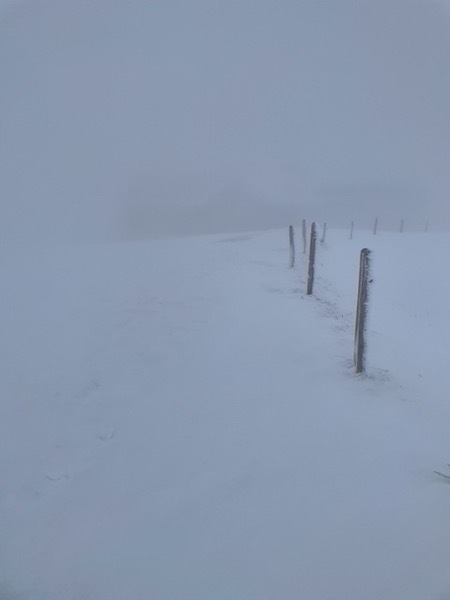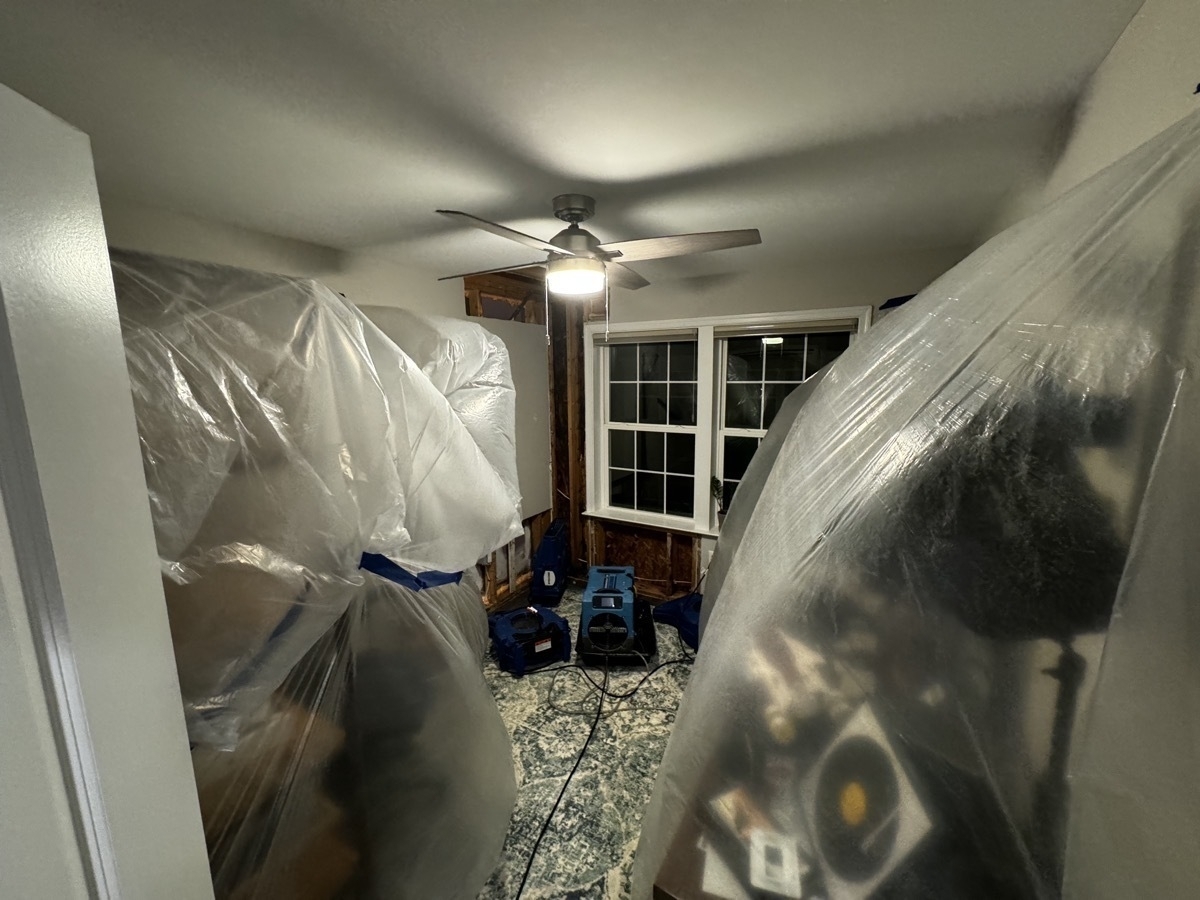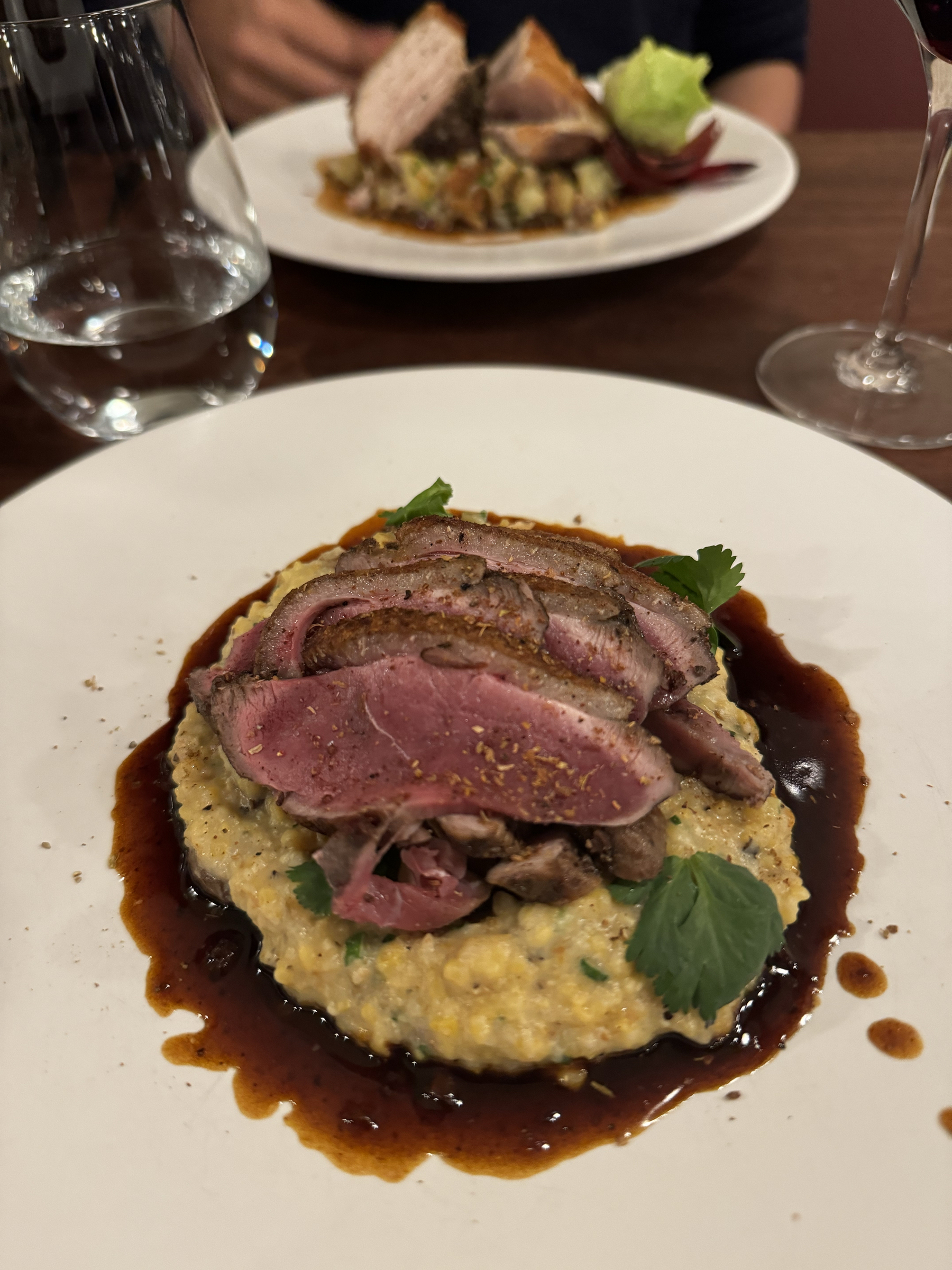Every year, Jason Snell at Six Colors publishes his Apple Report Card. I always enjoy looking at what the commentariat have to say about where things are and seeing trends overtime.
I really like how Jarrod basically writes a version of the Clockwise Podcast each week as though he’s a guest. I’ve long thought, “I should do that sometimes, too,” but I never do.
So instead, I decided I’m going to participate in the Six Colors report card this year. I’m going to expand out a bit from Apple though and rank my experience in 2023 with all of tech by these categories. Of course, I’m primarily an Apple user, but I think that in many places that’s a bit incidental. I use those products because they best meet my needs, and my evaluation of where things are in 2023 has to do with what I want in each of these categories and whether any one is supplying that.
There are 12 categories rated from 1 to 5, with 5 being the best rating. They are:
- Mac (personal computers)
- iPhone (smart phones)
- iPad (tablets)
- Watch (stuff on your wrist)
- Apple TV (entertainment for communal and big screen viewing)
- Services (things you pay monthly for)
- HomeKit (smart home)
- Hardware reliability
- Software quality
- Dev relations (how well are big tech companies interacting with the folks who build things on their platforms)
- Environment/Social issues (how well are big tech companies responding to challenges that go beyond maximizing shareholder return under capitalism)
- Wearables (stuff on your body parts that are not your wrist)
I have added parenthetical comments to each category to explain the broader context in which I’m rating 2023. And also, since I haven’t done this before, 2023 is maybe too precise. I would say this is more of “how do I feel abut where things stand in 2023” versus “how do I rank what has happened in 2023”.
Mac (Personal Computers) 4.5/5
I can’t remember a time when personal computers were this good. Laptops are crazy powerful, have excellent battery life, and are reasonably sized. Their screens are incredible, such that there seems like there’s very little room to improve except black levels (OLED seems like the next step). The promise of USB-C is here, and I have just a tiny number of devices yet that require adapters or a USB-C to USB-something-else cable. I have been trying to live the laptop plus Mac mini lifestyle for some time– and with Apple Silicon, this has become a reality. I do not run into bottlenecks when it comes to power. I just wish Apple put better cameras into their products. The Studio Display camera and MacBook Pro cameras are just ok. My Opal looks much better, but it’s also completely unreliable.
Software is a place I’m less happy with– but not really system software. There are still some quirks, but 99 out of 100 days it’s not macOS I’m fighting, but bad, mostly third-party software. My complaints about Zoom are endless. My complaints about macOS mostly stop at System Settings, which I practically speaking is something I rarely think about or interact with. Oh, and Notifications Center– what a total piece of shit. I don’t love any text editor. Neovim is great, but I still find it hard to tweak and get setup and learn new capabilities of plug-ins. Nova is so damn close to being perfect, but its vim-mode is super lacking in the kinds of things my fingers just expect to be there, making navigation just a pain . VS Code looks and feels bad to me. Applications like Dropbox have become absolutely shit-ware. Apple Music is there.
There are, however, rock solid stalwarts.
iPhone (smart phones) 4/5
Widgets and focus modes have combined to transform my relationship to my phone. What felt like chaos has calmed considerably. I have an automatic focus mode that turns on at 6 PM every night on weekdays and all weekend (Down Time), a Sleep mode, and a Travel mode. Each has their own Home Screen. Only my default mode has any apps outside of the dock (and even then, only 2 rows). Otherwise, I’m all Widgets. My phone shows me a limited set of data I know or need (Fantastical/Outlook Calendar, Carrot Weather, Apple Fitness/Lose It, Things, and Day One). Notifications are largely locked down to a few people.
Battery life is largely adequate, and having low power mode turn on when I hit the Travel focus is a big help. The Action Button is nice for taking pictures. The camera is not as good as I want, but it remains the best camera I own and takes the best pictures (and especially video) of anything I’ve ever owned.
Phone hardware is boring, but phone (OS) software has gotten meaningfully better over time.
Apps have stagnated. I’m not sure if this is just being in a mature market or what, but I don’t think there’s been a lot of major changes in what third-party apps I use or their capabilities in some time. It’s almost certainly market maturity. I have all my needs well met by apps I already have, many of which I’ve been using for years and years. Most of which have not seen a release that makes a big impact on my work flow in just as long. The big exceptions I can think of are the app Flighty, which I have been a subscriber of since day one and does continue to improve, and apps that have added Dynamic Island features and/or better widgets over time.
I’m not sure what I expect from the app world. I suspect without interesting hardware that enables something new, we’ve just reached the point where we understand what functions computers this size will play in our lives and have mature apps to meet each of those needs.
I don’t really see much that I’m jealous of on the Android side of the world. Folding phones don’t appeal to me– I think folding tablets are far more interesting– and while some camera system are clearly neck and neck or better than the iPhones (for stills), it’s not a difference that would drive me to something new.
Phones– I think we should consider them a solved problem, for now.
iPad (tablets) 3.5/5
I use my tablet every day. The 10.9" iPad Pro (I don’t even remember which one) with the keyboard case is a great size for me. Bigger enough to use on the couch or on planes as a laptop replacement when iOS is all I need, small enough to use in bed. Because I have bad eyesight, having a bigger-than-my-phone device for things like reading RSS feeds is great. The iPad is not a power tool for me, and never has been. I can get a particular kind of work done– reading, writing, and communication can live there pretty well.
We’ve gone a year without new iPads, but I’ve gone several years not really needing my iPad to do more. There’s plenty of room for improvement here.
I liked the iPad to be thinner and lighter– the iPad with the keyboard that has a track pad should weigh as much as the iPad Pro alone does today. I’d like it to have better battery life when doing things other than watching video. I cannot believe the keyboard doesn’t come in more, better colors at this stage. The front camera needs to be better and along the top when in landscape mode.
My Kindle is great and disappointing in equal measure. It’s the expensive one, which I can’t bother to look up. It hasn’t changed in a long time and it was way too much money. But I like that it’s water proof/resistant/whatever. I really like that it has physical buttons. I like the flush screen and the DPI is pretty good. The software is absolute trash, but most of the time that doesn’t matter when I’m just in a book reading. An e-ink device is great for me. I have terrible eyes– pretty bad keratoconus and corneal scarring that requires scleral lenses to correct. That means my vision after I take my contacts out at night is pretty rough. Having a display that does not cause eye strain and the ability to set text to an enormous size is great. I just wish the hardware I wanted existed. It really would just be an upgrade/update to the existing Kindle I have. It needs faster software. A browser that kind of works for the few times you need it in a pinch. Support for more modern wifi standards.
Tablets overall aren’t that interesting right now to me either. I don’t think I want a touch screen Mac (nor would I be ideologically opposed to one). That says to me I’m not seeking a tablet to be great at the things my Mac is or vice versa. If my eyesight was better, I might not need a device that’s bigger than my phone and works for mostly of the same thing (though I do like a good keyboard). I use my tablet instead of my Mac also because of eyesight. Maybe my satisfaction stems from my specific use and needs.
Watch (stuff on your wrist) 2/5
I am happy with the fitness features. Apple Pay is great. The HomeKey stuff is amazing (though I wish there were more locks that support it).
But I don’t really like my watch. It hasn’t changed form factor in a while. Battery life is just ok. I wear it every day for the fitness tracking and sleep tracking, but if I’m honest, I wish I could swap it for some other fitness band. The problem is, those all suck right now. The Apple Watch apparently cleared out the wrist. Elsa has an Oura ring– I think it’s too big to be something I’d want. The Watch has conveniences, but its hold on me is definitely the most tenuous. At this stage, nothing exists that I actually want, but this is the area where I am most “winnable” by some other product– or maybe no product at all.
AppleTV (entertainment for communal and big screen viewing) 3.5/5
I hate the Roku interface. I hate my smart TV’s interface. The Apple TV interface is not bad. The remote is not so bad. But the number of issues I have with HDCP stuff (go to play a video, get audio but all black screen, or all the colors are wrong etc) is insane. I have replaced all the cables, my equipment is modern, and this is a thing that has gotten much worse over time. Is it the Apps? Is it streaming services themselves? Is it the hardware? I don’t know, but it makes my experience bad regularly. It drives the other people in my household nuts, regularly.
AppleTV+ the service is really solid. It has a shockingly high hit rate for me. I hear a lot of people say there’s not enough content– but I find it refreshing to actually know when new shows come out, especially since I end up liking so many of them. Netflix has tons of shows, and I can’t ever figure out what’s worth watching. Most of what I try… isn’t.
Services (things you pay monthly for) 3.5/5
Apple One is a pretty ok deal. The price increase kind of sucks, but all services are getting to be too much money. I am much more annoyed at Hulu, Netflix, Disney+, etc than Apple One– that tells me that I think I’m getting my money’s worth. I have been paying for iCloud so my family can backup their devices. It works great for that. Apple Photos works great. I like News+ – I have other subscriptions like Dwell, The Atlantic, etc that I can read in there. I like the crosswords. Apple Music needs way more algorithmic playlists – Spotify is just plain better at discovery– but it’s totally usable. Fitness+ is pretty great, even if I don’t use it.
Mostly, I think that things work well and are pretty high quality. Spotify is a better service (if terrible App), but not so much that it’s worth paying for on top of Apple Music, in my opinion.
My dissatisfaction is entirely with the rest of the world of services. They’re all getting too expensive for too little value. I’m tapped out on monthly fees, like a lot of folks. I’m just starting to feel like the juice is not worth the squeeze.
HomeKit (smart home) 2/5
HomeKit mostly works for the few things I ask it to do, but it’s terrible overall. HomeKey is great. Lutron Caseta lights work. HomeKit Secure Video should be great, but my Logitech Circle View devices cannot stay connected to Wifi for shit. I don’t really trust smart home stuff to do a lot or do a lot with complexity. My Ecobee seems totally fine, and I can’t think of a reason to upgrade it. My “smart shades” in the bedroom are great, but I entirely use them via a timer and the fact that they work with HomeKit doesn’t really matter.
Maybe I’m unimaginative, but also all of this stuff seems like a set of solutions without a problem. I’m amazed I can’t do something to hook into the alarm system wiring that exists already in my house to have something without a monthly fee. I’m mad at Chamberlain’s MyQ BS. Overall, the home is smarter than it used to be, but also, all of this stuff feels like a CES demonstration.
Hardware reliability 5/5
All of the physical things I buy works better than any hardware I’ve bought in the past, but if it goes bad it does have to be replaced. Appliances in particular seem to have dropped off in quality, but everything else in my life that’s a physical product seems to work pretty great. Consumer electronics are much more likely to fail because the company that made them attached them to a shit service that they stop supporting or the company goes out of business than something goes physically wrong with a product. Apple’s stuff is built as well as I can ever remember, but so is most of the rest of stuff I buy. Maybe it’s because I spend too much.
Software quality 3.5/5
It’s all over the place. The web is kind of shitty. Webkit and Electron-based stuff is everywhere and also kind of shitty. A lot of things crash without good logging or lack controls to help me to understand what’s happening and how to trigger what I want. There’s no manual sync button. There are no informative progress bars. There are some weird persistent bugs (how many times in my life will I only be able to dismiss a notification by typing sudo killall NotificationCenter?!). The HDCP errors I get trying to play back video drive me insane. There are still websites that don’t work well in Safari on macOS. Shortcuts is weird as hell. Better than Automator? Sort of.
But overall, I feel like my experience of using computers is one where the computer mostly gets out of my way and I have powerful tools to do my work. So for all the paper cuts, things are really not so bad.
They’re terrible. All of the big tech companies are bad at this. Yes, Apple has really been intransigent about the App Store stuff (look, I actually really don’t want other App Stores, don’t really care for side loading, and think the 30%/15% thing is really not that crazy), but Apple has absolutely screwed up App Store review for a decade. They’ve neither been good enough at curation and removing scams nor permissive of reasonable, “good” apps on their platforms. The balance on tight v. loose is in an uncomfortable place where we seem to have the worst of both worlds.
This one is mostly a mark on Apple, because I don’t care enough about other companies that do devrel. I mean, I guess Amazon with AWS? They suck too, but not on devrel– it’s the UX and product strategy that’s a mess. Meh.
Environment/Social issues (how well are big tech companies responding to challenges that go beyond maximizing shareholder return under capitalism) 2.5/5
The AI rollout is a mess too. The expansive view companies took on training data sets and their “rights” rightfully leaves a lot of folks feeling sour. And by publishing something that is shockingly good, but with glaring challenges that are not obviously, definitely solvable, the AI tools coming out right now are balancing on the knife’s edge of harm versus benefit.
I think Apple is about as good as you can get selling physical goods and trying to do right by the environment, but I think we’re all falling on issues like authoritarian government controls, misinformation, moderation and safety, and the environment itself. Some of the major social issues tech companies are up against feel kind of unsolvable to me, but they’re making their case remarkably poorly, both in the court of public opinion and in the court of politics (not really the court of law, which is still mostly uninvolved).
The largest tech companies are not doing much to actively make the world a better place. I fault Apple somewhat the least, because I think they’re basically a hardware company that is outside of the information space. It’s in the information space where companies like Google and Meta are blowing it. I mean, crap almighty look at what has happened to Twitter. Is Netflix doing anything with its entertainment power? Nope. Amazon, the physical goods store, seems awful. The technology services provider is pretty great. Nvidia (wild to include them) was all too happy to make money off of the Bitcoin miners, and I’m dubious about the power behind the AI stuff. I don’t really see them using their power for much yet either, but they’re newly huge. Microsoft has hitched onto OpenAI, which also feels weird, and continues to mostly copy other stuff. They seem moderately less evil these days than I used to feel about them, but I still feel like their business practices with including things like Teams and PowerBI into existing subscriptions feel bad/weird.
Overall, I think tech is doing a lot that is of dubious value these days. I’m not surprised that we have stock buy backs and malaise instead of tech optimism. I’m just not sure the software world is where the next improvements will come from. I’m pretty sure that the software world has not made things much better this last decade. The big companies feel like they’re kind of blowing it to me. But maybe that’s just being big mature companies.
Wearables (stuff on your body parts that are not your wrist) 2/5
Sucks. The AirPods Pro are amazing. But very little else is appealing in this space. I thought for sure we’d have more variety of smart bracelets, rings, clothing, shoes, or something by now. Innovation here is mirroring the home– lots of stuff that only kind of works that feels just barely above a CES demonstration. I think there’s so much promise in small, networked computers, and we seem to have landed on the watch and headphones. Maybe Apple Vision Pro will change things here– by all accounts the technology is incredible and I’m already getting a bit of FOMO. This weekend I went away with my partner and dogs to a cabin. Both of our dogs are older now, and I decided to take some spatial video. I have no idea if it’ll come out nice, but I felt like this was something I might want to have someday. That tells you something. But the VR world (and AR world) seems a bit away from its final, most useful form. I’m excited about it as an early adopter, but not as something that’s really making a mark.
Meanwhile, I still wear this clunky Apple Watch because it’s the best thing on the market. That bums me out. I know hardware is hard, but Fitbit going to Google to die and everyone else shrugging this category away is a bummer.
Conclusion
I want to think about technology way less. Right now there are places that’s true– mostly in my personal computing life. There are many pieces of hardware and software at this point that are very close to being great. So much so that I suspect a lot of my complaints will fade away in the coming 2-3 years. I hope so, at least. But there are other areas where I think technology will continue to disappoint– in the home, wearables, and environmental/social issues feel lost already. In those categories, at least, I think we’re far down a path into a local maxima that we cannot escape and we’ll need a new generation of leaders, new ideas, and new inventions to back track and start down a different, better path.
And good lord, work on the bugs.







